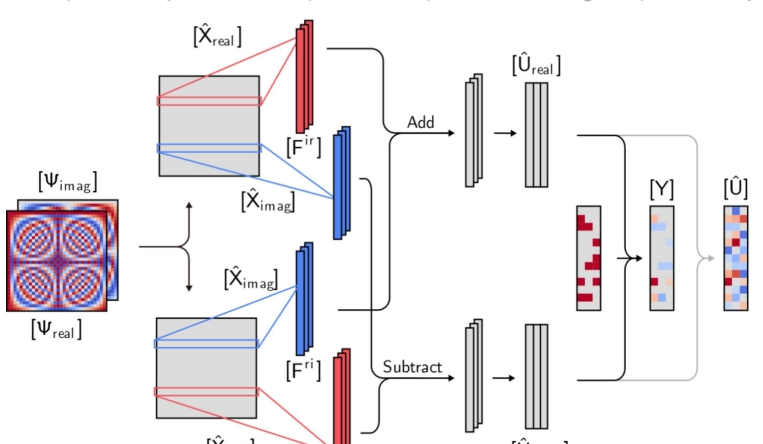In structural health monitoring, data quality is crucial to the performance of data-driven methods for structural damage identification, condition assessment, and safety warning. However, structural health monitoring systems often suffer from data imperfection, resulting in some entries being unusable in a data matrix. Discrete missing points are relatively easy to recover based on known adjacent points, whereas segments of continuous missing data are more common and also more challenging to recover in a practical scenario. Formulating the data recovery task as an optimization problem for matrix completion, we present a convolutional neural network to achieve simultaneous recovery for multi-channel data with the awareness of group sparsity. The data recovery process based on compressive sensing is formulated as a regression problem and achieved in the neural network. The basis matrix is utilized as the …
Condition Assessment
1 篇

